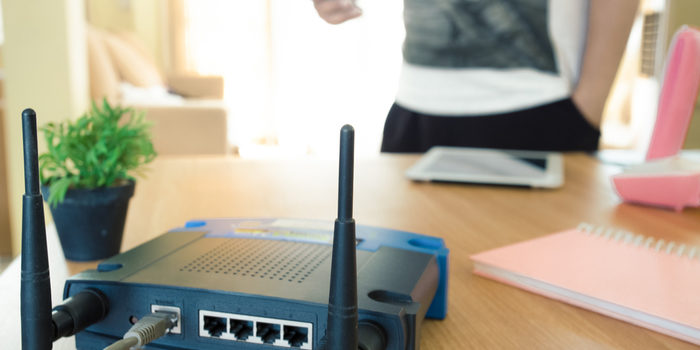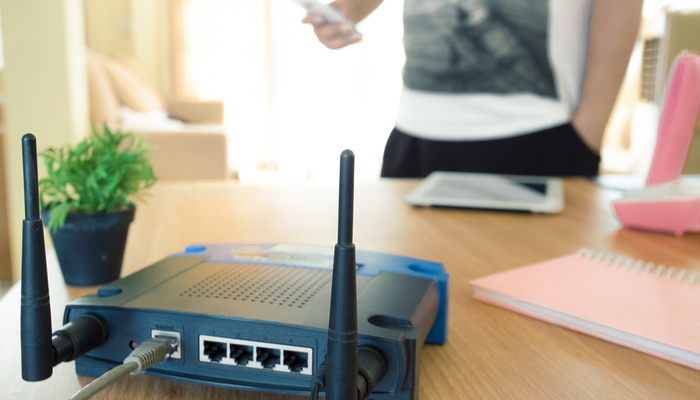

Wireless Security: Protect Your WiFi Signal
Electronics March 7, 2019 Cameron

If you’re worried about your wireless signal, you’re probably looking into the best ways to protect your WiFi. Well, we’ve got the article for you. Today we’re going to break down the differences between various encryption types and the different ways you can keep your signal private. Here are the best ways to protect your signal.
Wireless Security
Password Protection
You need to make sure your wireless signal has password protection. Setting up your wireless router normally includes setting up password, so this shouldn’t be an issue. However, you need to make sure you keep your password complex and impossible to guess. Generally, you don’t want to include easy-to-guess things like pet names, birthdays or phrases.
Setting up your password, come up with a random, impossible-to-guess string of letters and numbers and write it down somewhere. You don’t want to misplace that code, so make sure you save it and know where to find it!
Wireless Encryption
There are three major types of wireless encryption. WEP, WPA and WPA2 are all varying degrees of encryption, and each has their strengths. However, WPA2, the newest encryption, is the preferred of the three. Let’s break down their differences.
WEP
WEP is the oldest encryption style, and it’s also the weakest. Created in 1999, the protocol is a known security risk. It’s easy to hack into and open to a ton of exploits. As such, the protocol was dropped by the official Wi-Fi alliance in 2004 in favor of WPA.
WPA
WPA replaced WEP in 2003, bringing a “pre-shared key” or PSK for encryption. While not the strongest form of encryption, WPA is much preferred to WEP. The major issues with WPA are related to the way it was rolled out. This is because, at the time, it was being rolled out piecemeal as updates for WEP-enabled devices.
As such, the WPA encryption has a lot of similar loopholes to WEP. It needed to be built on existing WEP infrastructure, so it’s not as secure as it could be. It’s unlikely any router you buy today will use either WEP or WPA, though.
WPA2
The Advanced Encryption Standard, or AES, found in WPA2 makes it the golden standard for Wi-Fi encryption. Rolled out in 2004, WPA2 wasn’t based on the WEP infrastructure. As such, it doesn’t sport any of the same loopholes and is much more secure.
It’s most likely that any router you buy today will have WPA2 built in. As such, odds are good you’ve already got the best encryption you could ask for on your router.










